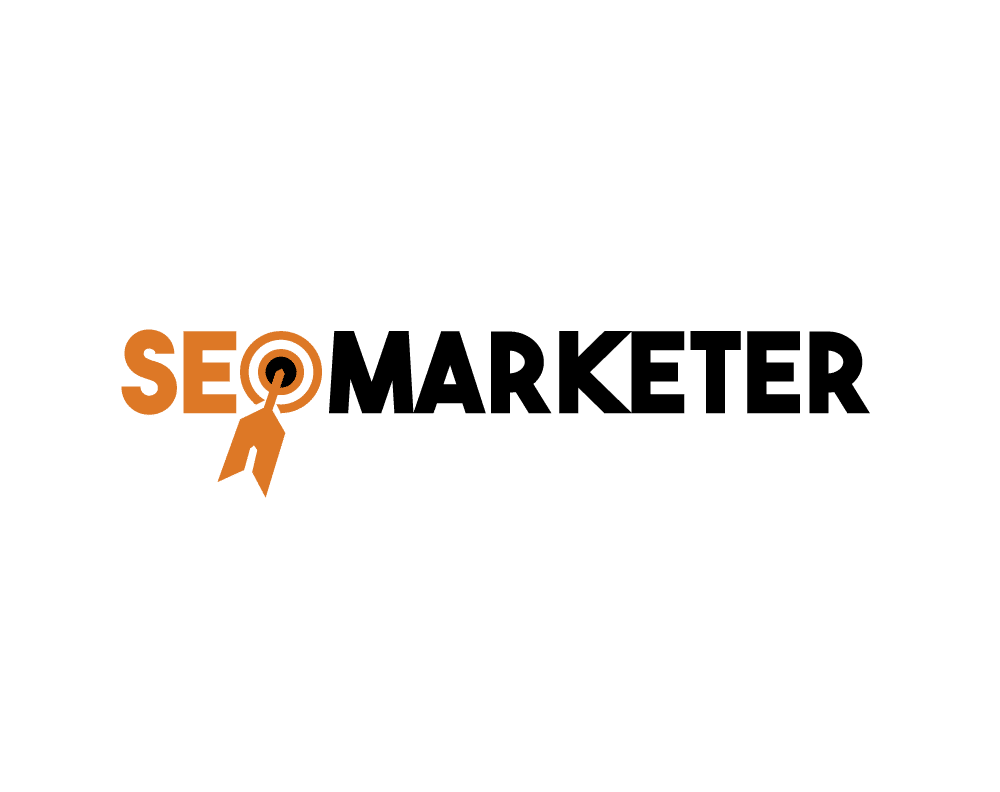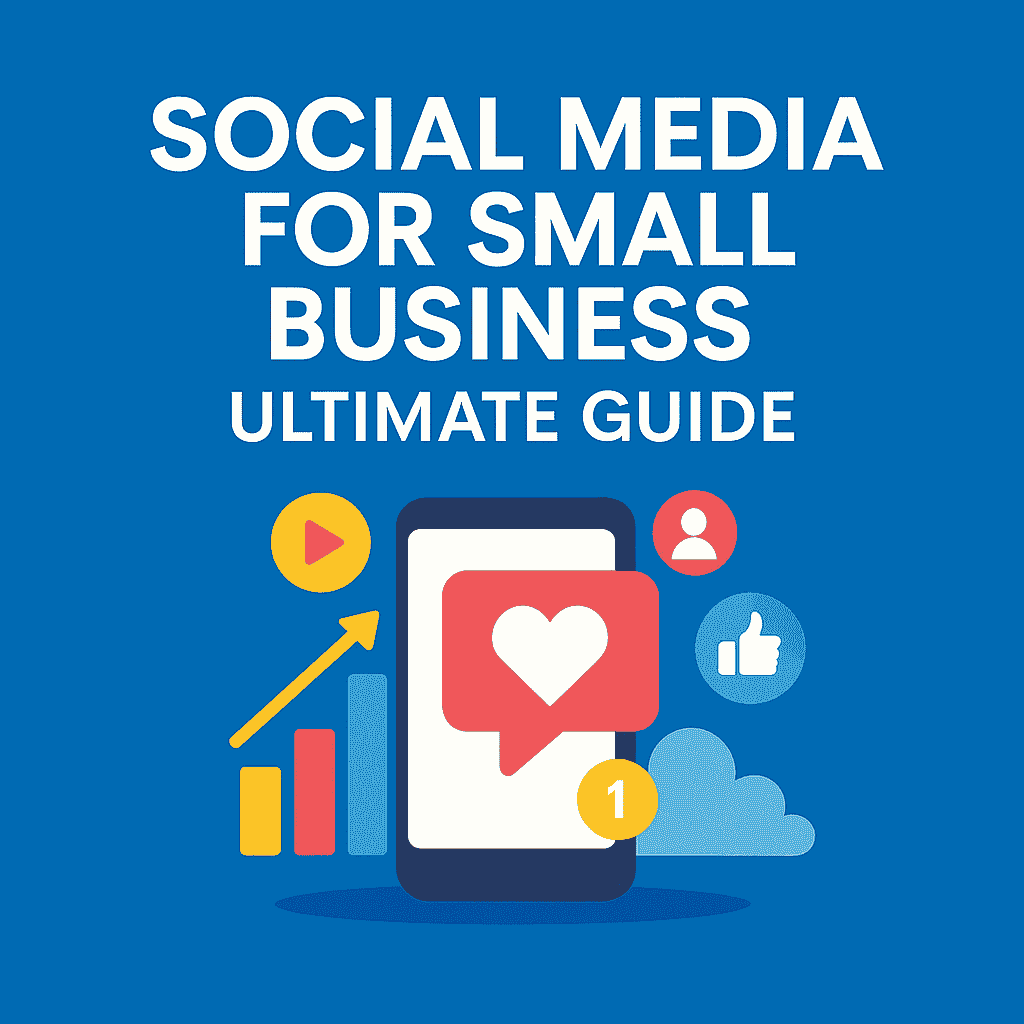Social media is one of the most powerful marketing tools for small businesses today. When used strategically, it can build brand awareness, drive traffic, engage customers, and ultimately increase sales.
🎯 Why Social Media Matters for Small Business
Cost-effective marketing: Free to use, with affordable ad options.
Direct customer interaction: Engage your audience in real time.
Brand visibility: Reach local and global markets.
Competitive advantage: Small businesses can appear as professional as larger brands.
Insights and feedback: Understand customer preferences through analytics and interaction.
📱 Choosing the Right Platforms
Not all social platforms are equal
Great for local reach, reviews, community building, and advertising.
Best for: Restaurants, service businesses, retail.
2. Instagram
Visual-first platform ideal for showcasing products and brand lifestyle.
Best for: Fashion, beauty, food, travel.
3. TikTok
Fastest-growing platform, perfect for viral content and Gen Z audience.
Best for: Creative and entertaining brands.
4. LinkedIn
B2B networking, recruiting, and thought leadership.
Best for: Consultants, coaches, service providers.
5. Pinterest
Ideal for products with visual appeal and DIY inspiration.
Best for: Home décor, fashion, handmade products.
🛠️ Building a Strong Social Media Presence
✔️ 1. Optimize Your Profiles
Use high-quality logos and brand imagery.
Fill out all information: bio, hours, website, contact.
Include keywords and hashtags relevant to your niche.
✔️ 2. Content Strategy
Create content pillars (e.g., tips, behind-the-scenes, product highlights).
Mix formats: images, videos, stories, reels, polls.
Maintain a consistent posting schedule.
✔️ 3. Engagement
Respond to comments and DMs quickly.
Ask questions in captions to spark interaction.
Run contests or giveaways.
📈 Measuring Success
Use analytics tools to track what works:
Reach: How many people see your content?
Engagement: Likes, shares, comments.
Click-through rate (CTR): Who’s clicking your links?
Conversions: Are social visitors buying or contacting you?
Tools like Meta Business Suite, Instagram Insights, or Google Analytics help you measure performance and ROI.
💰 Paid Advertising for Small Businesses
Small budgets can go far with smart ads:
Use Facebook and Instagram Ads for location targeting.
Promote high-performing organic posts.
Retarget website visitors or abandoned cart users.
Tips:
Start small (e.g., $5/day).
Test creatives (A/B testing).
Track conversions.
🤖 Automating & Scheduling
Save time by planning ahead:
Use tools like Buffer, Later, Hootsuite, or Meta Suite.
Batch content creation weekly.
Automate welcome messages or FAQs using chatbots.
🤝 Collaboration & Influencers
Micro-influencers can generate authentic engagement.
Partner with local creators or customers.
Offer free products or commissions.
Co-create content that highlights your brand naturally.
🚀 Growing Your Followers Organically
Use relevant hashtags.
Collaborate with others in your niche.
Run promotions or limited-time offers.
Encourage user-generated content (UGC).
⚠️ Common Mistakes to Avoid
Being on every platform without a plan.
Posting without engaging.
Using poor-quality visuals.
Ignoring negative comments.
Buying fake followers.
✅ Checklist for Getting Started
Task Done?
Define your target audience ☐
Choose 1–2 platforms to focus on ☐
Set content goals (educate, convert) ☐
Create a content calendar ☐
Engage with your audience daily ☐
Track results monthly ☐
🔁 Final Thoughts
You don’t need a huge budget to succeed on social media as a small business. You need consistency, creativity, and a clear strategy. Focus on your audience, provide value, and build relationships—sales will follow.
❓FAQs
Q: How often should I post?
A: Aim for 3–5 times per week depending on the platform and your capacity.
Q: Which platform should I start with?
A: Go where your audience already is. Facebook and Instagram are the most versatile starting points.
Q: Do I need to run ads to succeed?
A: Not always. Organic growth is possible, but ads can accelerate reach and conversions.
Q: Can I do it myself or should I hire help?
A: You can start solo, but consider outsourcing when consistency or growth plateaus.


